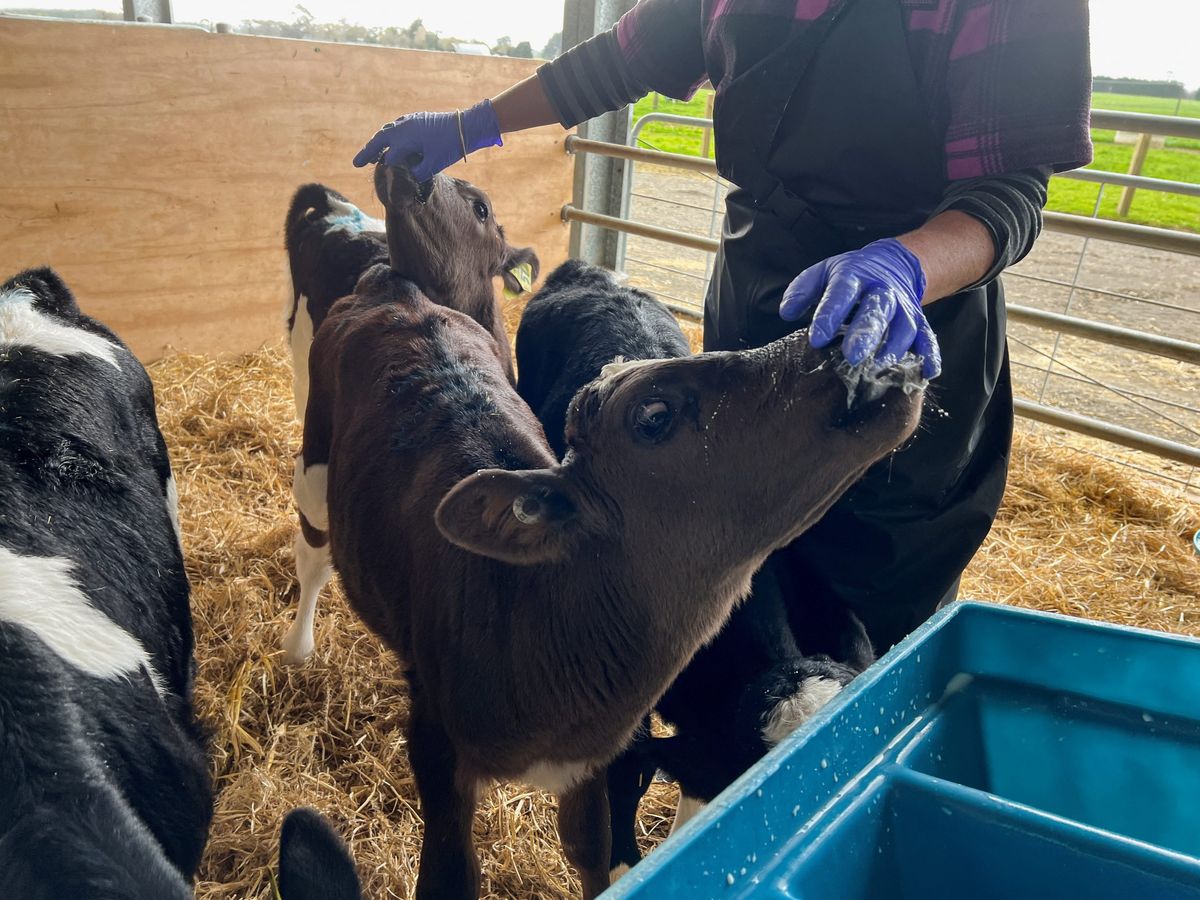New Zealand has proposed a controversial farm levy for the environment

A few minutes every morning is all you need.
Stay up to date on the world's Headlines and Human Stories. It's fun, it's factual, it's fluff-free.
Experts say we need to keep global warming from rising an additional 1.5 degrees Celsius (about 3 degrees Fahrenheit) to avoid the worst of climate change. Recently, New Zealand has stepped up to the plate by pledging to cut methane emissions 10% by 2030 as part of a plan to be net zero by 2050. This is big because methane has more than 80 times the warming power of carbon in the atmosphere.
But how does New Zealand plan to make this cut? With a farm levy, the first of its kind in the world. This basically means the government will tax greenhouse gasses coming from things like cow and sheep burps. Prime Minister Jacinda Ardern announced this plan on Tuesday, and she also said that farmers who adopt climate-friendly practices would get incentive payments. The government has said farmers could make up for levy costs by charging more for climate-friendly products. But, farmers aren’t too happy with this idea, and they say that this proposal would set back small-town New Zealand and affect food production.
Key comments:
“The proposal, as it stands, means New Zealand’s farmers are set to be the first in the world to reduce agricultural emissions," said New Zealand Prime Minister Jacinda Ardern at a news conference at a dairy farm on Tuesday.
“Farmers are already experiencing the impact of climate change with more regular drought and flooding," said Agriculture Minister Damien O’Connor. “Taking the lead on agricultural emissions is both good for the environment and our economy."
“Our plan was to keep farmers farming," said Federated Farmers President Andrew Hoggard. Instead, farmers would be selling their farms “so fast you won’t even hear the dogs barking on the back of the ute (pickup truck) as they drive off."
“If farmers are to face a price for their agricultural emissions from 2025, it is vital they get proper recognition for the genuine sequestration happening on their farms," said Andrew Morrison, chair of industry group Beef+Lamb New Zealand. “New Zealand sheep and beef farmers have more than 1.4 million hectares [3.5 million acres] of native forest on their land, which is absorbing carbon and it’s only fair."




Comments ()